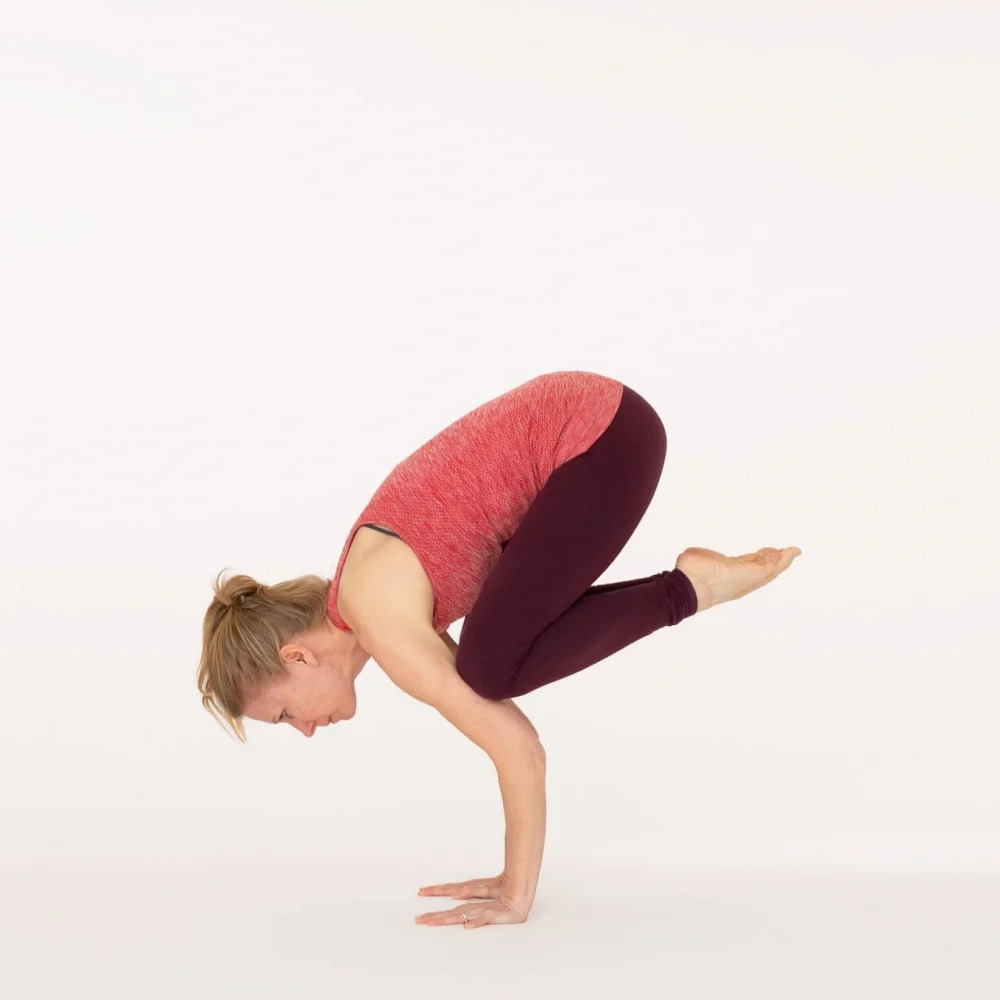Some people seem to worry when they see the word challenge together with the word yoga. Shouldn’t yoga be about making yourself feel better, not about pushing (or punishing) yourself? And yoga is supposed to be non-competitive isn’t it? Well, all this is true. But the question is: Does a challenge necessarily have to exclude the above qualities of yoga?
Personally, I believe you can do a challenge in a very yogic way. Let me explain a bit how…
In a nutshell, it is all about the intention you bring into your practice.
You can do a yoga challenge with the intention that, no matter what, you are going to finish this challenge. You forget about being present, you forget about honouring your body, just the end goal (getting it done) matters. Now this, of course, is not “yogic” no matter how many yoga postures you practise.
You can also do a challenge with the intention of practising purely for the love of practising. Every day, no matter how you feel, you are going to step on that mat and do the best you can. Honouring your body in every way.
Even if it means you can only do the first few exercises, some mindful breathing and the relaxation at the end. Even if you have to change the strong practice that is being offered that day for a more suitable lighter practice. It’s all about showing up on your mat and doing something! We call that Tapas in yoga.
Tapas and practising mindfully
So really, when you participate in a challenge in a mindful way, you practise Tapas. Tapas is an aspect of our inner wisdom that encourages us to practise even when we don’t feel like it. Purely for the love of it. Tapas originally means “discipline”, but the translation “consistency“ works very well here too.
I am also reminded here of the Sutra:
tapas svadhyaya isvara pranidhana kriya yoga (Chapter II, v. I)
Meaning “Self-discipline, self-study and devotion are yoga in the form of action”.
Tapas is self discipline, which means you consistently practise something like yoga postures, breathing, meditation, regardless of the external circumstances.
Svadhyaya means “self study” – So while you practise you are aware of the internal dialogue, the thoughts you have and the words you speak. You observe, you witness..
Isvara Pranidhana means surrendering all the fruits of your practice to something bigger, beyond oneself. This can be a deity, Buddha, or as I like to call it “existence”, whatever works for you. The idea is that you completely let go of all the benefits and failures related to the practice, surrendering to something bigger. This way you will go beyond the mind and see through the veils of the mind and thus begin to move towards the ultimate pursuit of experiencing oneness.
I believe you can be part of a yoga challenge while still keeping these principles in mind.
Just remember you do your yoga challenge to get in touch with your true nature which is deeper, wiser and more joyful. And just see where that takes you.
I invite you to try out the 30 Days of Yoga Challenge with the intention of arriving on your mat each day and practising for the pure love of practising, every day with us if you can.
Love,
Esther x


